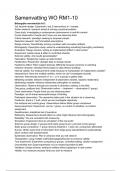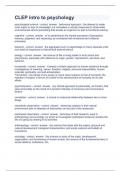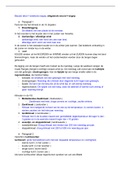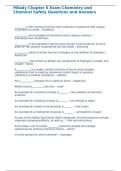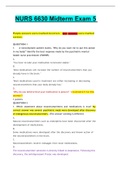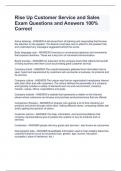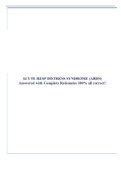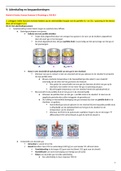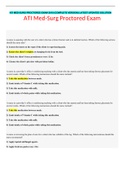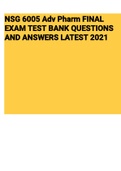Samenvatting
Samenvatting Research Methods - Wetenschappelijke Onderzoeksmethoden (INFOWO)
In deze samenvatting staat alles wat je moet weten voor het eindtentamen van Wetenschappelijke Onderzoeksmethoden (INFOWO). Alle onderzoeksmethoden zijn erin terug te vinden. De samenvatting is gebaseerd op het boek, de hoorcollegeslides en mijn aantekeningen tijdens de hoorcolleges. Mocht je nog e...
[Meer zien]
